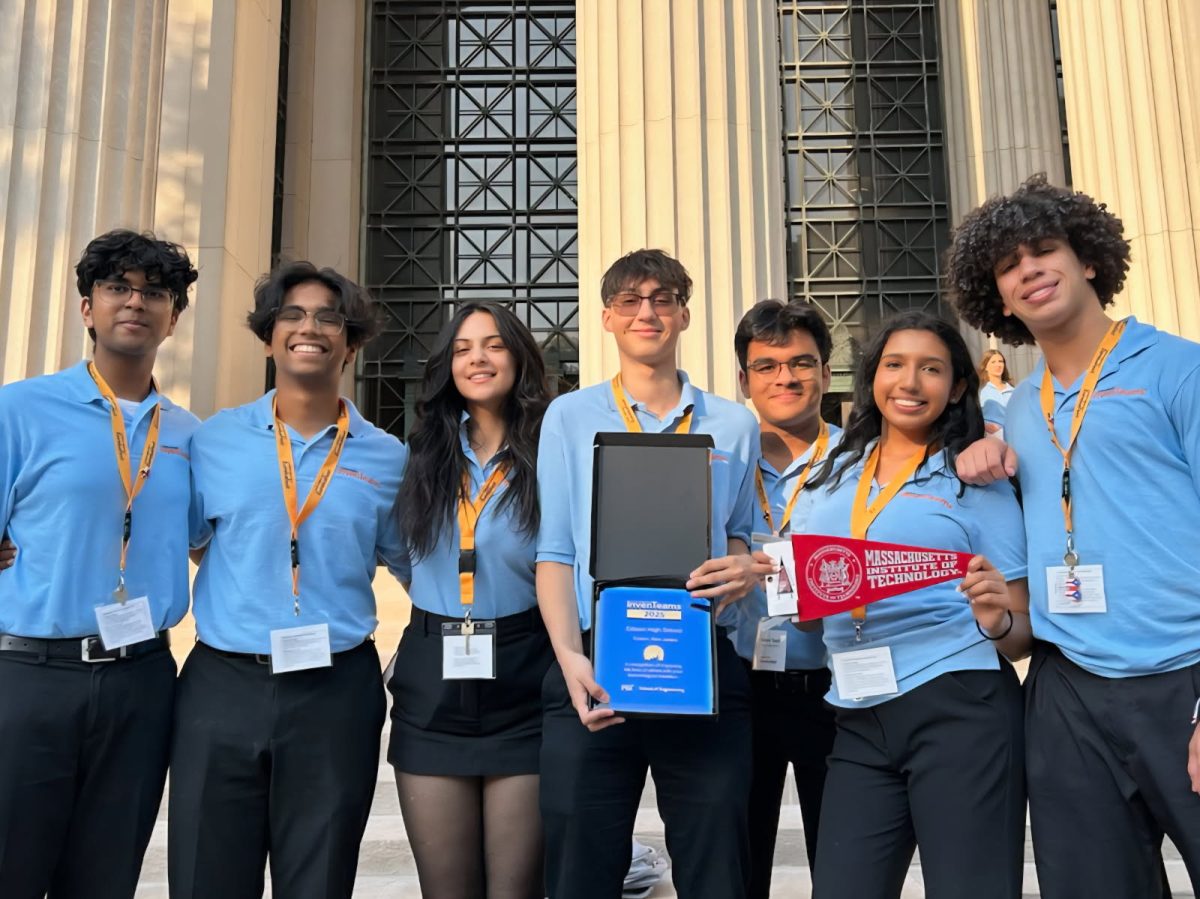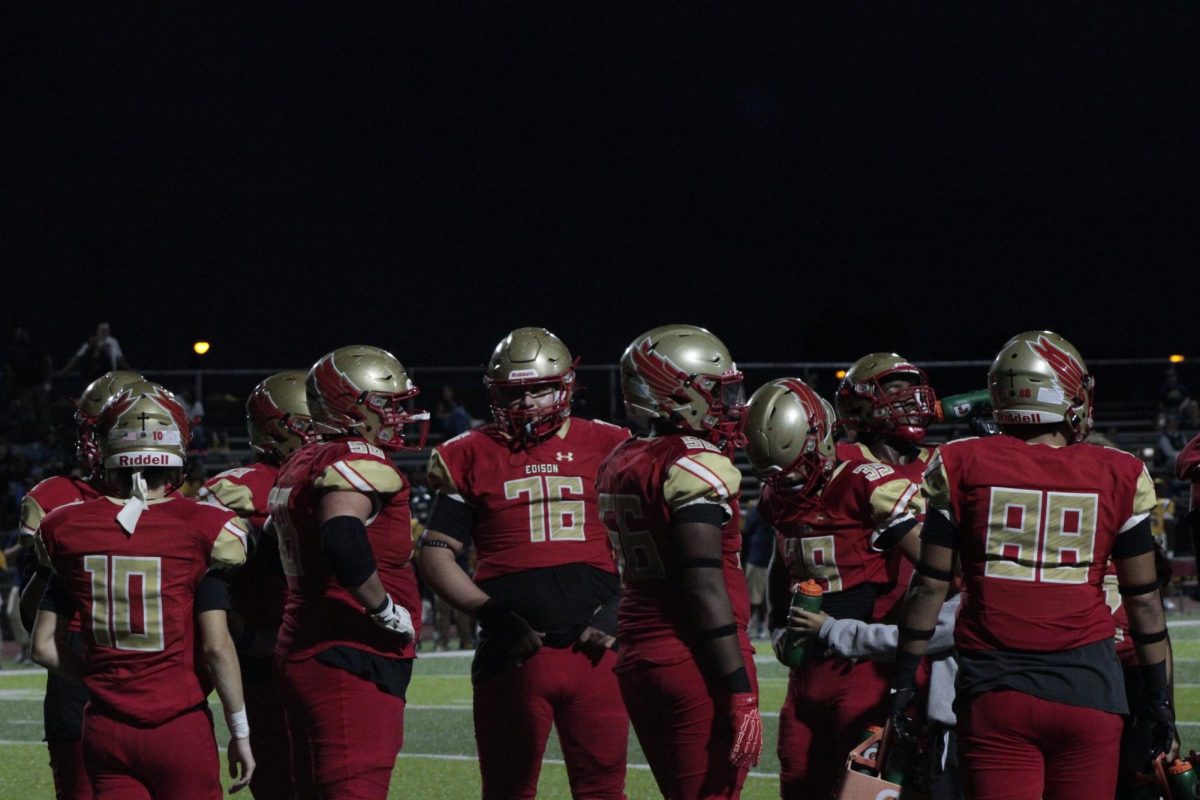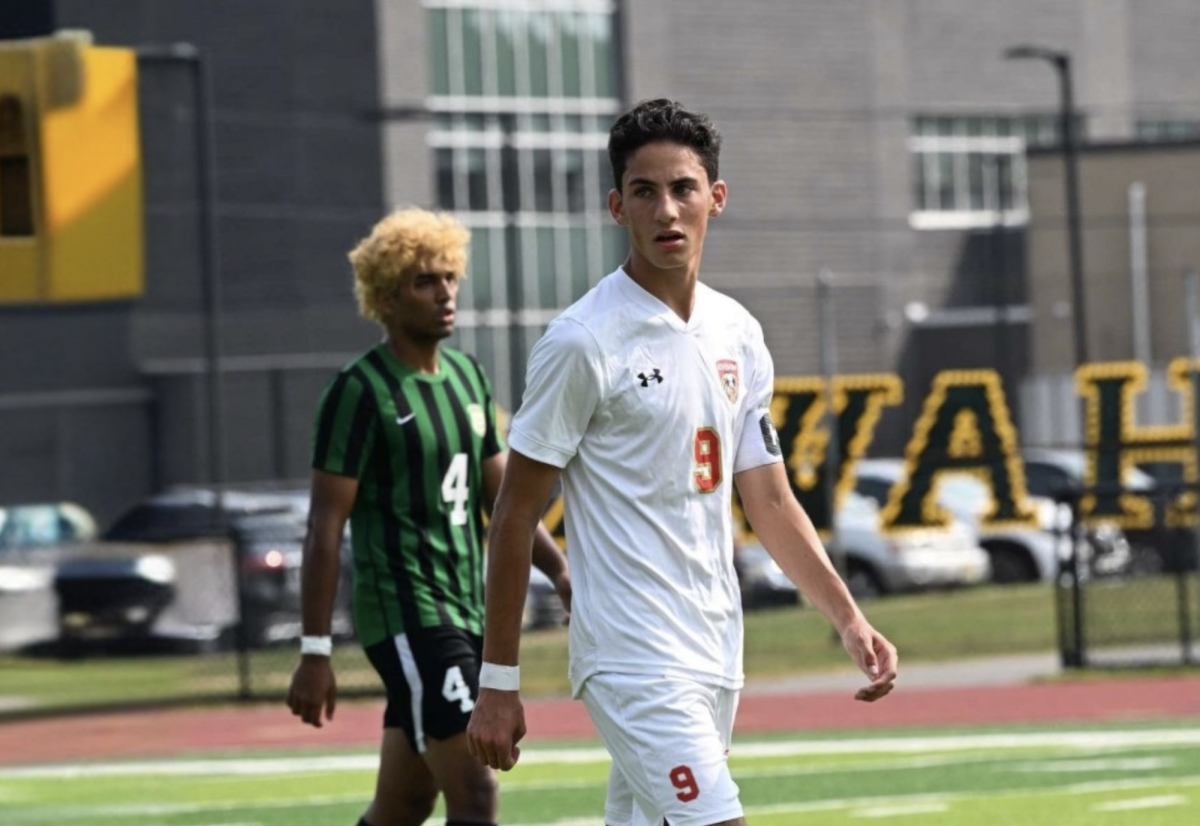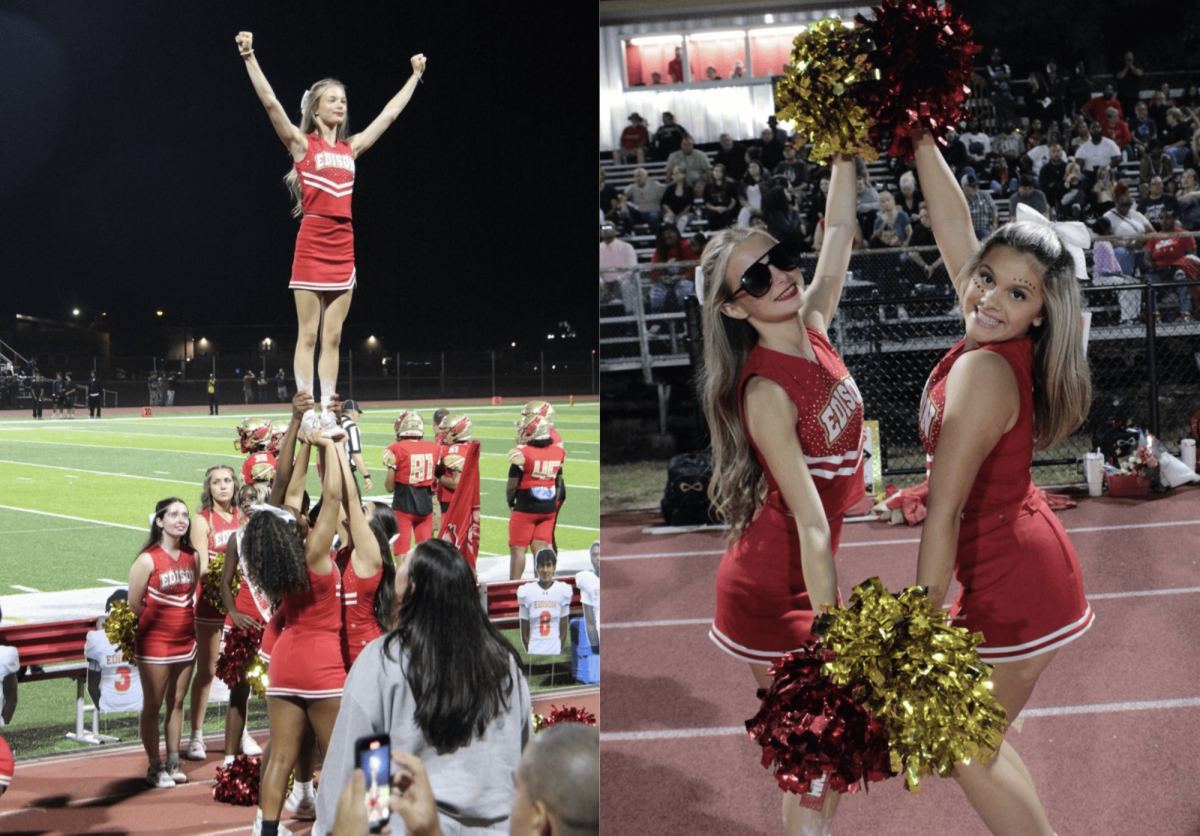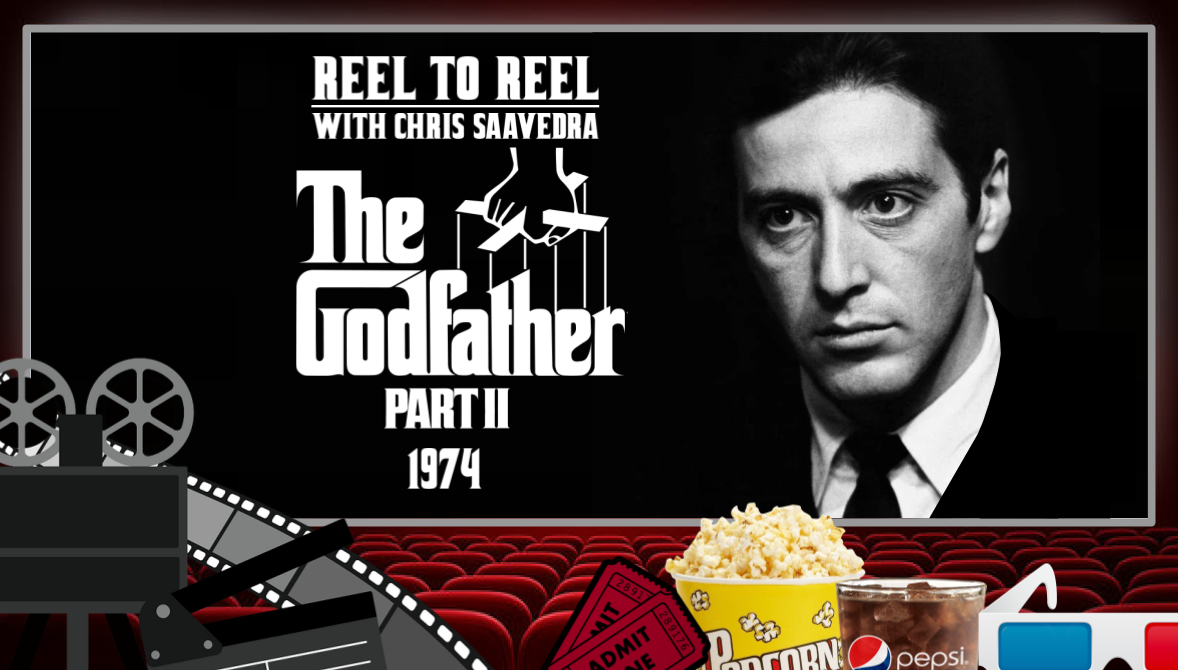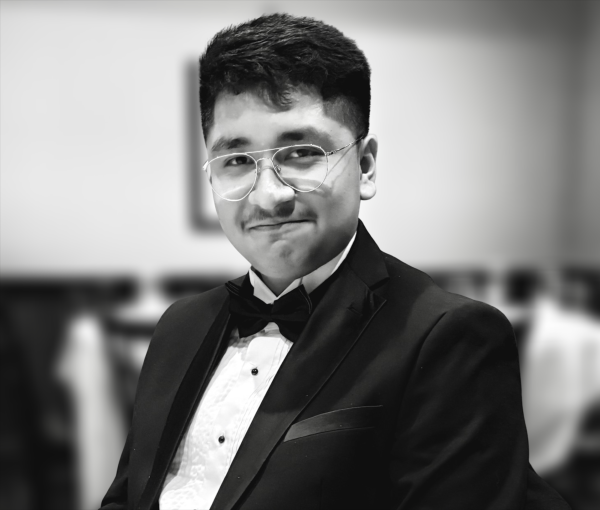In cinematic history, few sequels have managed to transcend the heights set by their predecessors. There has always been an expectation that a sequel to a beloved film will always fall short of the glory and greatness of its predecessors. Whether it be rushed production or a loss of interest, continuations of treasured tales are almost destined to not be on the same scale as the ones before it. However, The Godfather Part II is one rare example that breaks this expectation. It is considered to not just be on par with the original, but an improvement of its predecessor. Directed by Francis Ford Coppola, it was released during the Christmas season of 1974; this cinematic tale unfolds a saga of legacy, family, and the hunt for the American Dream.
Building upon the original film, it stars Al Pacino, Diane Keaton, Robert De Niro, Robert Duvall and another incredible ensemble. The movie intertwines Michael Corleone’s consolidation to power in the criminal underworld, and the rise of his father Vito Corleone and the Corleone family. The film not only continues the story set by its predecessor, but examines the complex world of the Corleone family. Beyond its gripping storytelling and impeccable performances, The Godfather Part II gives viewers profound comprehension into legacy, family, searching for the American Dream and achieving greatness in a new world.
For one half of the story, the audience follows the life of a young Vito Corleone. Originally born as Vito Andolini, the young child was born and lived in the town of Corleone, Sicily. As a ten year old boy, local mafia boss Don Ciccio ordered the murder of his father, who refused to submit his loyalty to him. During his funeral procession, Vito’s brother Paolo is discovered dead, after swearing revenge on Ciccio. His mother then meets with Ciccio, pleading for him to spare Vito, but refuses and kills her in return. Vito runs away and is smuggled onto a ship headed for New York City with the help of the local townspeople. As a young man, he works his way in the criminal underworld, establishing himself as a fierce and capable mafia don who wasn’t to be messed with.
For the other half, we follow Michael as he navigates his new role as head of the family business. He has relocated from New York to Nevada and ventures out to Las Vegas to establish his presence in the gambling industry, setting his sights on Cuba to expand his business interests. He is working to move his family from the criminal world to a legitimate enterprise. At the same time, he deals with his turbulent relationship with his business partner Hyman Roth, his deteriorating marriage with Kay and their children, and the envious Fredo and needy Connie. On top of all of this, a Senate committee for organized crime now threatens the destruction of the family. While at the First Communion party of his son Anthony, Michael is ambushed by an assassination attempt in his bedroom. He realizes a traitor had been leaking information to Hyman Roth, and makes a shocking discovery on who it is.
Vito Corleone’s story in The Godfather Part II is interconnected with the American Dream – the pursuit of success, wealth, and social acceptance and respect. The film critically examines the darker side of the American Dream, exposing the lengths to which individuals may go in their crusade for prosperity. He arrives penniless and broken to the United States, but builds himself from his humble and dark origins to bring respect and prosperity not only to himself but to his family. This theme resonates in contemporary society, where debate about the attainability and consequences of the American Dream persist. Vito’s narrative is an example of the hardship faced by many immigrants who journey to the United States in search of a new life and new opportunities. Oftentimes, they come with nothing with the clothes on their backs, and no knowledge of the culture and language of their new home. In more recent times, immigrants from Latin America have become emblematic of the same struggles faced by Vito, facing constant discrimination and persecution for being seen as different and a threat to the status quo of society.
The importance of tradition and legacy also play a major role and purpose in the movie. Despite the criminal nature of the families’ values, the film advocates that certain values will go beyond the passage of time and endure across generations. The beliefs of loyalty, respect, and family continue to be of great importance to the family, shaping their legacy beyond mere criminal schemes and enterprises. Traditions and customs often run in families, sometimes for decades or even centuries. If a family is involved in a certain undertaking, it’s collectively assumed that newer members of the family step up and continue the tradition and to keep it alive. Passing down customs, traditions and rituals are a way of keeping a family’s cultural identity intact. They act as a bridge between the memories of the past and the events of the future.
The Godfather Part II continues to stand as a cinematic masterpiece to the enduring preservation of familial legacy and the elusive journey towards the American Dream. Through the intricate narratives of Vito and Michael, the movie paints a nuanced picture of the immigrant experience and the American aspiration to succeed. The journey of the Corleone family, one that transcended multiple generations, becomes a parable to the complexity of the immigrant narrative while trying to preserve their heritage and navigate the new American landscape. The movie serves as an example that the American Dream, connected with familial connections and legacy, a universal happening that will stand the test of time and is an indelible attestation of tradition.






































